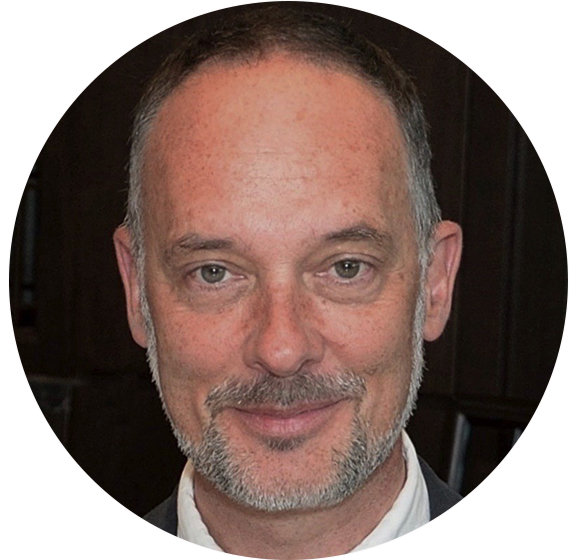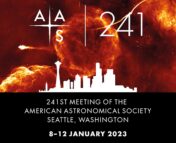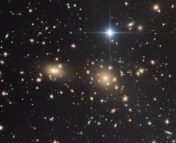In this series of posts, we sit down with a few of the keynote speakers of the 244th AAS meeting to learn more about them and their research. You can see a full schedule of their talks here, and read our other interviews here!

“I’ve been exceptionally fortunate,” says Prof. John Peacock, Professor of Cosmology at the Institute for Astronomy at the University of Edinburgh, about his career. He was the UK Chairman of the 2dF Galaxy Redshift Survey, which measured redshifts of about 230,000 galaxies and measured the statistical properties of the distribution of galaxies across the universe at the turn of the century. These measurements confirmed the CDM model by detecting Baryon Acoustic Oscillations and measuring the energy density parameter for non-relativistic matter, and paved the way for more recent redshift experiments such as DESI. In other works, he has shown that there is a redshift cutoff for active galactic nuclei with radio surveys and co-developed the dark matter halo model.
For these achievements and contributions to cosmology, he has been awarded the 2023 Royal Astronomical Society (RAS) Gold Medal, the highest award conferred by the RAS.
Prof. Peacock began studying at Cambridge, intending not to be a cosmologist but a chemist. However, Cambridge’s ‘Natural Science’ degree required studying two full subjects, and he soon realised that he was better suited to maths and physics. He started research in Martin Ryle’s radio astronomy group, surveying radio galaxies under the supervision of Malcolm Longair, for his PhD. He followed Longair to the Royal Observatory of Edinburgh and hasn’t looked back since. Lately, Prof. Peacock has been researching foreground effects of the CMB, such as gravitational lensing of the CMB from dark matter clusters.

Outside of academia, Prof. Peacock enjoys spending time with his family and plays the clarinet in local orchestras. His non-academic life is very important to him because he doesn’t believe that “overwork will get you anywhere.” For example, there have been times when he has been stuck on a problem for hours, only for the solution to come to him when he gets on his bike. He also makes music a priority because apparently, “you think science is cut-throat – amateur music is much, much worse!”
Prof. Peacock’s advice for students is very simple: “Read a lot, and read widely.” From textbooks to academic papers, continuing to learn new topics and ideas, including topics outside of his day-to-day research, helped Prof. Peacock learn more about his field. ”I felt that I needed to keep educating myself.” Perhaps this is why he has been able to contribute to a diverse array of topics in cosmology.
Prof. John Peacock will be presenting the RAS Gold Plenary Lecture: Challenges to the Cosmological Model on Wednesday, June 12th, at 3:40 pm CDT in Exhibit Hall B.
Edited by Sowkhya Shanbhog




